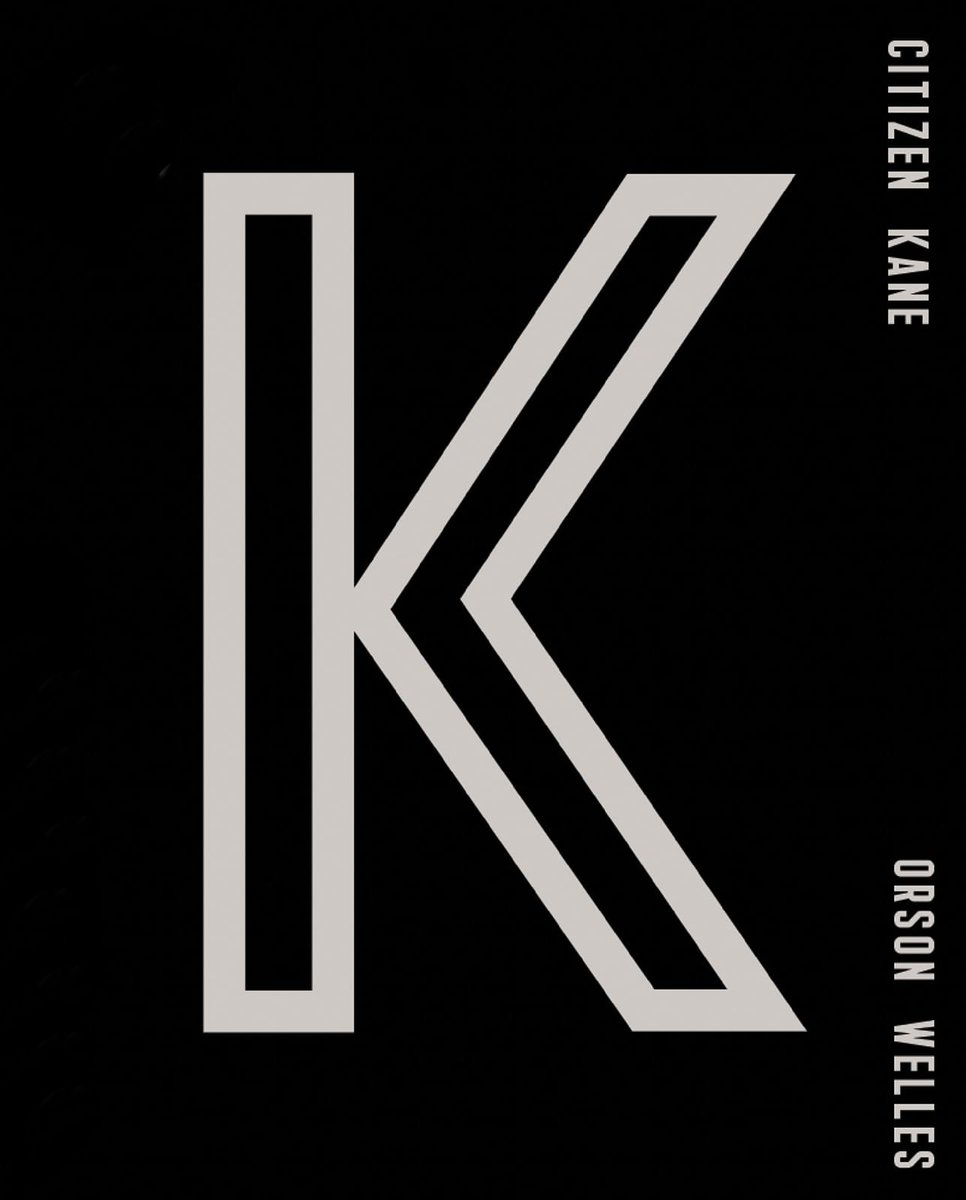Citizen Kane (1941) directed by Orson Welles

I finally watched the classic answer to what's considered the best film ever made,
Citizen Kane, and it happily didn't disappoint at all. I do agree with the sentiment that the film revolutionized filmmaking in a way as it combined different technical and narrative techniques and put them all in one movie. A lot of aspects whether it be the cinematography, the editing, or rather the entire structure of the film, they all feel very contemporary. Visually the film is impeccable. I loved the use of shadows and space. Loved the editing style especially during the transitions and montages. And I just love how the movie is overall structured. The movie opens up with a newsreel that tells you exactly where this film is going, and I thought that was particularly great because it immediately eliminated any pacing issues that could've been, as the experience essentially becomes almost like a re-watch.
The story itself is pretty engaging. It stars off with a reporter being tasked to find the meaning of "
Rosebud", the last word uttered by Kane, and through his journey we jump back and forth through time and the life of this enigma of a man, while the gimmick of "
Rosebud" slowly becomes less significant and more of a doorway to learn and understand such an interesting character. There's also surprisingly a lot of comedic elements to this drama. I for one found the scene when Kane first buys
The New York Inquirer to be hilarious, and that's to the credit of the dialogue and the character writing, with the original owner acting frantic and all over the place while Kane and his team bamboozle him with their energy. There's just way too many memorable scenes overall, whether it's the scene of the huge party and celebration, or the big argument between Kane and his ex-guardian, this film is stacked either way. However, it's the emotional stakes that the film raises that bring the movie to a higher level for me. Once Susie enters the picture, that's when the movie starts to connect with me on an emotional level.
In the first encounter between Susie and Kane, Susie passively mentions how much she likes opera singing, and so after losing the election because of their intimate relationship becoming public, Kane goes on and forces her into becoming the "successful opera singer wife trophy". He wants to let it be known that he only suffered a loss politically to gain a bigger win and achievement through Susie. Everything he touches has to be covered in success, so the world has to eat their words for ever doubting him and his chosen wife, and retract the mocking quotes they initially put between "opera singer" when referring to Susie. I guess I forgot to mention how good the performances are in this film, especially Susie's. We see her constantly training and trying her hardest to fit into the mold K wishes her to be in, but it's clearly not enough, and she herself knows that it'll never be enough to reach that desired level. Regardless, she keeps going and continues to put the effort in, only to be humiliated time and time again. That feeling of not being wanted nor accepted, it's crushing, and it crushed Susie along with her relationship with Kane.
K's entire existence at this point has thrived in proving others wrong. After his childhood being ended abruptly, he made it a personal mission to succeed in doing everything that his guardian opposed. He's very spiteful, and we can really see how spiteful he is with how he ended his relationship with his best friend and the circumstances of his firing. The older he got, the more spiteful he became, to the point where he almost develops a god complex by the end. He wants to control everyone's thoughts and opinions to his favor, and he become to have no use of friends as he can buy them and have them modeled to what he likes them to be. There are also other aspects to his character that fascinate me, like him buying endless expensive stuff and not having any use or care for them. Their purpose or lack thereof says a lot about his character. Him destroying them in the end, and the remainings being treated as museum pieces after his death, that also says a lot about what the film is trying to say.
 Check out my podcast:
Check out my podcast: 


